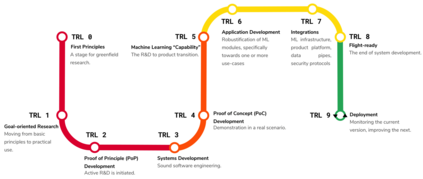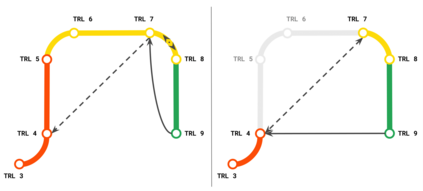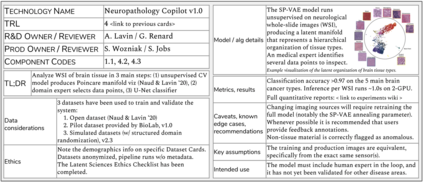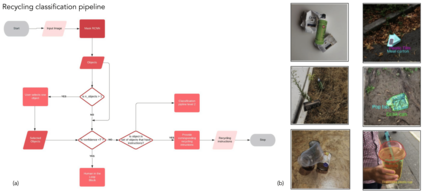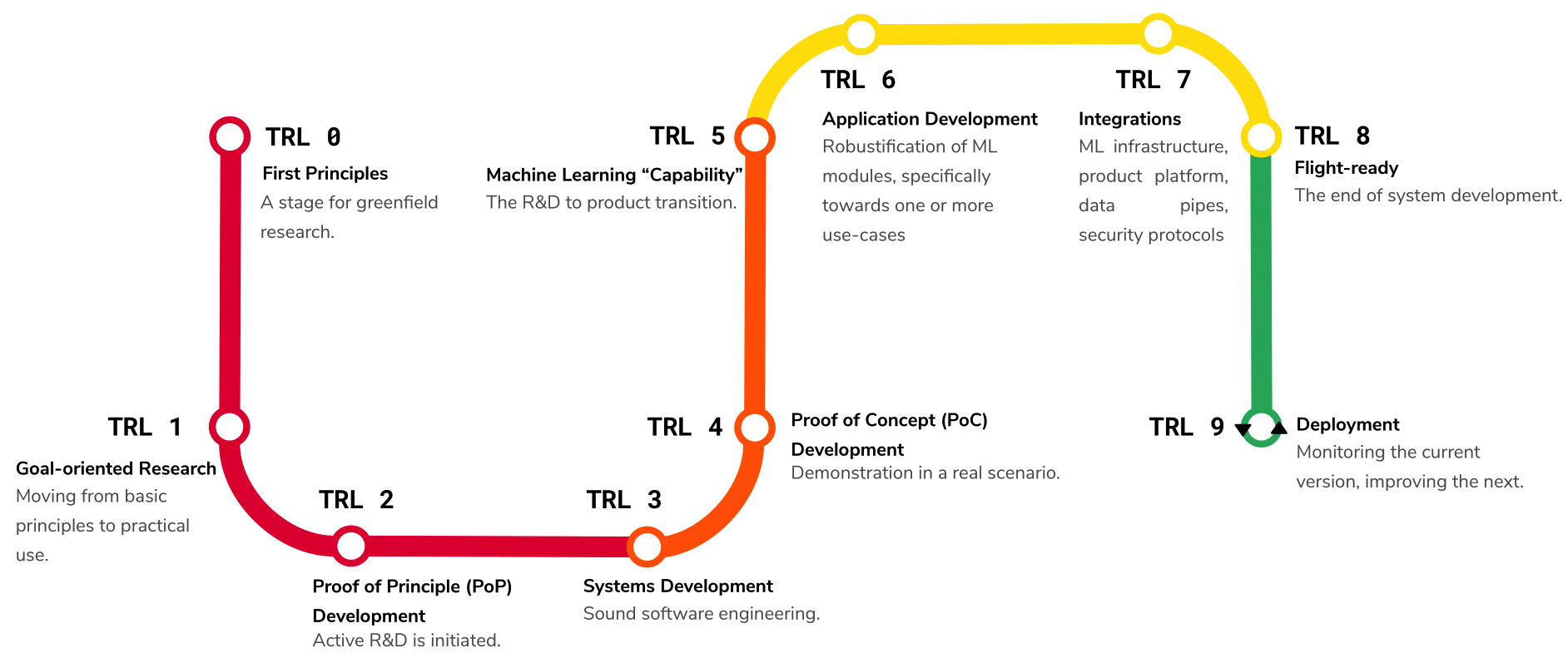The development and deployment of machine learning (ML) systems can be executed easily with modern tools, but the process is typically rushed and means-to-an-end. The lack of diligence can lead to technical debt, scope creep and misaligned objectives, model misuse and failures, and expensive consequences. Engineering systems, on the other hand, follow well-defined processes and testing standards to streamline development for high-quality, reliable results. The extreme is spacecraft systems, where mission critical measures and robustness are ingrained in the development process. Drawing on experience in both spacecraft engineering and ML (from research through product across domain areas), we have developed a proven systems engineering approach for machine learning development and deployment. Our "Machine Learning Technology Readiness Levels" (MLTRL) framework defines a principled process to ensure robust, reliable, and responsible systems while being streamlined for ML workflows, including key distinctions from traditional software engineering. Even more, MLTRL defines a lingua franca for people across teams and organizations to work collaboratively on artificial intelligence and machine learning technologies. Here we describe the framework and elucidate it with several real world use-cases of developing ML methods from basic research through productization and deployment, in areas such as medical diagnostics, consumer computer vision, satellite imagery, and particle physics.
翻译:开发和部署机器学习系统(ML)的开发和部署可以很容易地使用现代工具,但这一过程通常是仓促的,手段到终端的,缺乏注意可能导致技术债务、范围爬升和错误的目标、模式误用和失败以及代价高昂的后果。另一方面,工程系统遵循明确界定的程序和测试标准,以简化高质量、可靠结果的开发。极端的是航天器系统,其中飞行任务的关键措施和稳健性正在发展过程中扎根。利用航天器工程和ML的经验(通过跨域的产品进行研究),我们为机器学习的开发和部署制定了一个经过验证的系统工程方法。我们的“Machine Learning Technology Reading Reatenity levels”(MLTRL)框架界定了一个原则性进程,以确保强大、可靠和负责任的系统,同时简化ML工作流程,包括传统软件工程的关键区别。更重要的是,MLTRL为各个团队和组织的人界定了一种语言franca,以便合作研究人工智能和机器学习技术。我们在这里描述框架,并用若干个世界实际使用的方法来解释它,用于发展ML的诊断和ML的模型,从基础产品中,从发展模型的模型和模型的模型中,从发展到基础产品中,发展成成成像的计算机的计算机的模型和模型的模型和模型。

